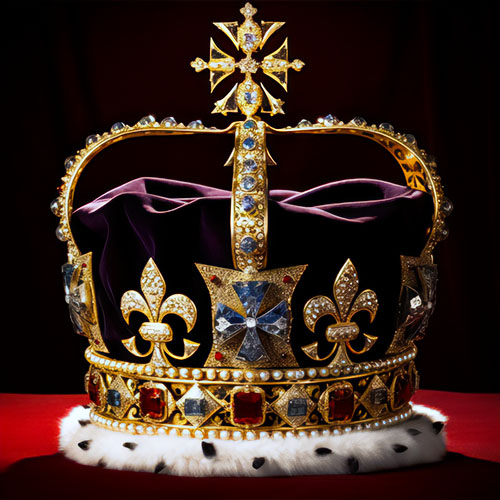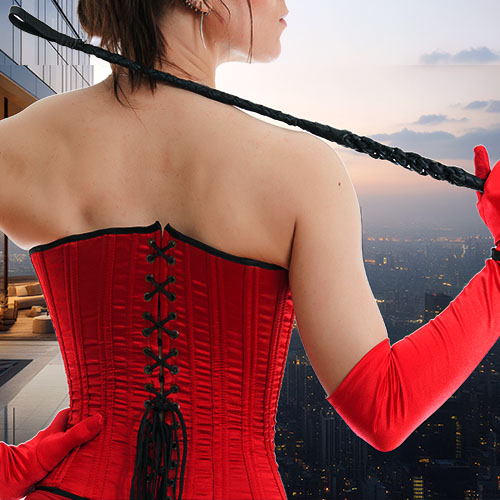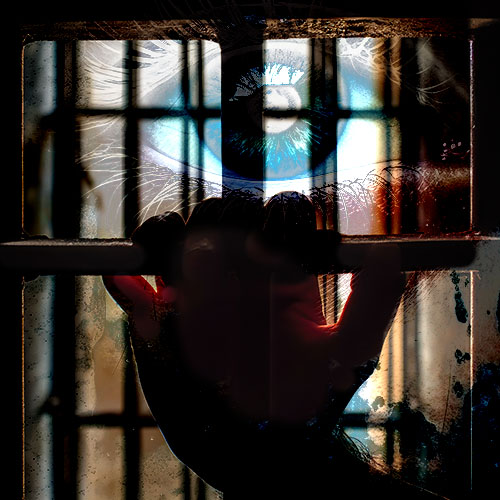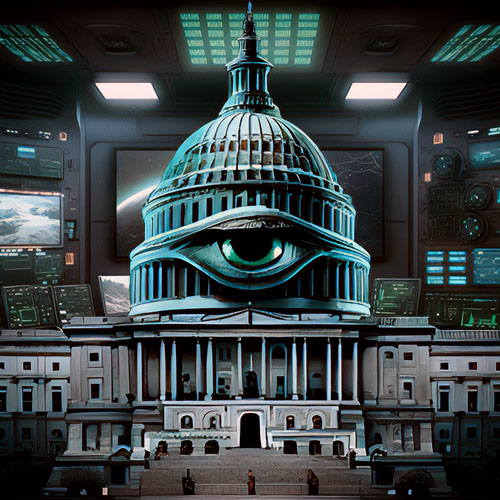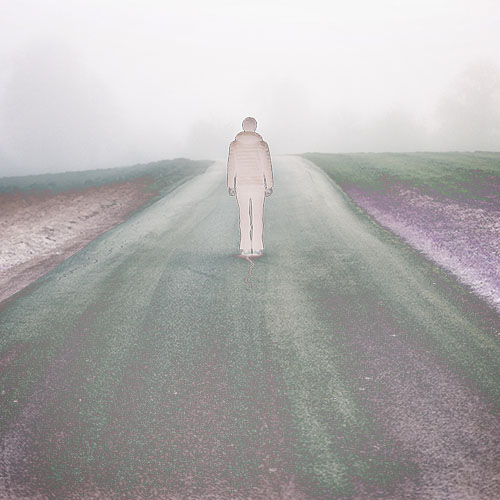We did something a little bit different in this Legacy update, technically publishing two articles on the same topic from the November, 1991, issue of Penthouse. We did find it interesting that 30+ years ago they were talking about how being Politically Correct was going to be the ruin of civilized society, whereas today we believe … well, basically the same thing.
“Politically Correct” Thought Police
Sarah Lawrence College, 1989.
“Amanda,” I was told, “as president of the student council, you have to join the sit-in. Besides,” my fellow student threatened, “not sitting-in means that you support white supremacy.” I was so frightened, I could barely speak. What if I told the truth and said I disagreed with the sit-in, and with political correctness in general? Then I would be labelled a racist, and that was no joke, with hundreds of wild-eyed students only a few feet away from me chanting “racists beware!” I wanted to shout back, “I have the right to my own opinions. You’re just bullies, and you’re using the threat of public shame as a way of controlling people!”
But I was afraid of facing the hostile crowd by myself. I was afraid of their hatred and contempt.
The memory of the sit-in always makes me cringe. I should have stood up for what’s right, like Gary Cooper did in the movie High Noon. After all, if people stopped being afraid, then the P.C. movement would lose its biggest weapon. I feel guilty, too, because I had a great example to follow: My father, Carl Foreman, wrote High Noon despite his blacklisting by the House Committee on Un-American Activities. He stood up to the American government; I couldn’t stand up to a coed bully.
The sit-in ended when the faculty and administration caved in and agreed to the students’ demands. Then, to many students’ horror, the P.C. began a new round of protests. One of them was a demand for a censorship code, directed primarily at the college newspaper, because female students had objected to an article about Ted Bundy, written by a man. They claimed that the male student had been “insensitive.”
I knew that there were censorship codes at other colleges, but not Sarah Lawrence. I was appalled by the idea. My father had fled to England because anti-Communists had censored his work. It filled me with disgust to watch the P.C. now engage in similar practices. Like the Moral Majority, the politically correct are too self-righteous to worry about tactics. To them, it doesn’t matter what frightening, malicious, or arbitrary means they employ, as long as they win.
At meetings to discuss the censorship code, they made lists of those who opposed them. The names, mine included, then appeared on blackboards and bathroom walls. When people stopped speaking out, the P.C. used attitudes toward, or friendships with, other named students as evidence of racist thoughts. This way the whole campus remained informed about who might be racist or sexist. But for the time being, their gross intimidation backfired, and the student body, sick of living in a climate of fear, voted no in a secret-ballot referendum.
The administration turned a blind eye throughout. Their aim was to keep the P.C. happy and out of the administration building. Of course, complaints against alleged racists or sexists produced immediate action. A white student was severely disciplined for being disrespectful of black culture after he painted a caricature of Jimi Hendrix on his door. Clearly, the P.C. had some knees knocking in the dean’s office, too.
My life after the censorship battle became hellish. One night I was awakened by the sound of chanting outside my window. Oh my God, I thought, they’re going to drag me out of bed. It was the first of a number of mass vigils to protest “racism, sexism, and homophobia on campus.”
Daytime wasn’t much better. A trip to the dining hall or the library meant having to ignore pointed comments like “That’s the racist bitch over there.” I couldn’t believe this was happening.
Depressed and angry, I transferred to Columbia University for my junior year. At orientation, I was shocked to discover that Columbia was even more politically correct than Sarah Lawrence. On the first day, we were required to participate in “sensitivity training” seminars. Despite the rhetoric about the need for everyone to examine their attitudes, these sessions were clearly aimed at the white students. I felt as if people were waiting to pounce on my words.
One of the participants, Christoph Westphal, a pre-med honor student, later confirmed my suspicions during a private conversation. “The problem with many of these seminars,” he said, “is the prevailing attitude that whites are inherently racist, while minorities cannot be. A major thrust is establishing white students’ guilt.”
“Oh, come on,” a student at the seminar had complained, “anyone can be racist.” “No,” our student facilitator replied. “To be racist you have to have power, and only whites have power.” If that statement were true, none of us would have been there in the first place. Her hypocrisy was astounding, but not unique, I later realized, at Columbia.
My experiences taught me that the P.C. work according to an unvarying formula. I call it, quite simply, “the Double Standard,” because the P.C. advocate a lot of things that are ordinarily considered racist, unfair, or unconstitutional, but get away with it. They argue that women, gays, and minorities, known collectively as the victims of white heterosexual male oppression, need special “concessions” from society until past injustices have been righted. In other words, the P.C. want a revolution in favor of the victims. All those who stand in the way of the revolution face being branded as fascists. The conditions are perfect for moral blackmail, as the P.C. threaten to expose the universities as bastions of racism or sexism unless their demands for concessions are granted. Like any hostage situation, success only makes the P.C. more aggressive.
Some administrators have shown no backbone at all. They’ll concede to anything to save their skins. They’ll mouth any hypocrisy, betray any colleague, even break a few laws if they have to. Faculty members haven’t been much better. When they haven’t joined the P.C. bandwagon, they’ve hidden inside their offices, even when their own academic freedom was at stake. In 1988 a tenured professor of sociology at the University of Michigan was forced to withdraw an article after students made allegations that he had insulted the memory of the black-consciousness movement. His crime: saying that Malcolm X had “had a checkered past.”
At Harvard a year later, Stephen Thernstrom, one of the nation’s preeminent scholars of the history of race relations, was forced to withdraw his course after using “racially insensitive” material in class. Among other crimes, he had once assigned a book of essays, one of which (not assigned) described affirmative action as preferential treatment. Michigan and Harvard set the example by letting their professors go to the wall. Thernstrom complains, “Now scholars take pains to avoid being burned themselves by censoring their teaching so as not to offend certain groups.”
When the P.C. wanted control of a campus, the deans gave in to them. The result: growing segregation as ethnic groups unite against one another. When minority students held protests at Oberlin, the college gave them separate dormitories, as have Stanford and the University of California at Berkeley. The W.E.B. DuBois House at the University of Pennsylvania, like the Malcolm X lounge at Columbia, is technically open to any student. But in reality both spaces exist as clubhouses for black students only. Penn also has two yearbooks, one for whites and one for blacks. This year’s graduation at Vassar nearly became a disaster when minority students formed their own graduation committee. Nobody said, “This racial warfare must stop; it’s tearing the campuses apart.”
At my college a small group of students demanded council funding for a black women’s literary magazine called Dark Phrases. “Look,” I pointed out, “the council is not allowed to allocate money to groups that discriminate. Your sole criteria are a writer’s skin color and gender.” The students became incensed, screaming “Nazi! Racist! Imperialist!” Subsequently, the council became enthusiastic and we awarded 15 percent of our budget for the benefit of two percent of the campus.
The greatest casualty of all is the sacrifice of the traditional core curriculum. Or, as it is derisively called by the P.C., “books written by dead white boys.” The P.C. want multiculturalism. The word itself has no real meaning — it’s a holdall into which they can stuff their favorite authors. That’s why there are more university courses offering Alice Walker than William Shakespeare. In place of its core, Stanford now offers a flabby alternative called “Cultures, Ideas, and Values.” The changes include the study of reggae lyrics as a music requirement. Many other colleges and universities — too many — are tossing out their “Great Books” courses in exchange for a little peace and quiet.
My last year in college was no better than the others. I returned to Sarah Lawrence just in time to watch P.C. students begin dismantling the curriculum. The victory over censorship in 1989 now seems to have been a waste of time, too. Elsewhere, P.C. movements are still protesting, despite the fact that many universities have nothing left to sacrifice — even their integrity is gone. At the Penn Law School graduation, I watched the faculty cheer and applaud the student speaker after he had harangued them for half an hour.
P.C. has attacked academic freedom, polarized campuses into warring ethnic enclaves, and reduced the Western tradition of education to a rubble. Moreover, no guns were needed, just a little tapping of white-liberal guilt. In the end, who will be to blame — we the cowards, or they the bullies?
Consider now, perhaps, a counterpoint.
The Good Side of P.C.
Who among us is not familiar with the expression “P.C.”? These days, the initials P.C. do not refer to a personal computer or a volunteer for the Peace Corps.
P.C. means politically correct, and these two words have managed to divide the residents of the United States into two groups: those who are and those who are not. At the trivial end of the what-means-politically-correct spectrum, the concept resembles the U-non-U division of the 1950s.
But P.C. really gets to the core of such issues as what children read in school, how we speak, what we call one another, who goes to college and what they study there, and ultimately, who gets the jobs with money, prestige, and power. I — an ardent culture watcher — thought about P.C. and used the term sparingly, at moments designed hopefully for maximum impact. Had anyone asked me who invented the term, I might have guessed Martin Luther King, Jr., Simone De Beauvoir, Angela Davis, or Abbie Hoffman.
Wrong. In his May 5, 1991, New York Times Magazine column, William Safire says it was I! He writes, “The first citation I can find of the incendiary phrase dates from a December 1975 statement by Karen DeCrow, then president of the National Organization for Women. She claimed that a dissident faction felt that feminism was only for ‘white, middle-class, straight women’ and insisted NOW was moving in the ‘intellectually and politically correct direction [italics mine].’ The phrase began as an assertion by liberal (progressive, concerned) activists and then was turned into an attack phrase by conservative (right-wing, heartless) passivists.”
Since May 5 my life has not been the same. I am approached at a dinner party by a detail maven: “Karen, it was not you, it was Mao.”
I fire back quickly that it was on the Great March that I taught the phrase to the chairman (I mean chairperson).
A kindly and liberal fellow who is under attack for being politically incorrect writes, “It was you who unleashed P.C. onto the world.” My cousin, a college professor, sends me a card: “How nice! Cheers!” The relatives are burning up the telephone lines from New York to Florida. “I’m going to congratulate your mother. Satire’s an important writer. That’s a big column,” says one.
At meetings now, when people use the term, they throw me a glance. I look down shyly.
I recall a day in the 1970s, sloshing through a fierce rainstorm in Washington, D.C., too late for a meeting with civil rights leaders to take a cab, so I was running. I got there and was met by picketers in wheelchairs, blocking the entrance. They were sitting there in the pouring rain, telling us activists, telling the press, that the meeting was not accessible. They — representing the disabled — cannot get in the door.
They are outrageous. I am furious, I am soaked, I am being yelled at, I am late, and I am hearing — for the first time in my life — about the rights of the disabled. I don’t remember the topic of the civil rights meeting that day, but I will never forget those people. They taught me something about P.C. In the years since that wet confrontation, I have brought up the issue of access dozens of times. Lately, I don’t have to mention it; someone else always does.
If it was not Chairperson Mao, I’m glad I invented the term.
On this, the 30th anniversary of the Freedom Rides, talk about P.C. is often talk about curriculum. Western civilization will go down the drain, P.C. critics claim, if students are made to learn about non-European cultures. I listen with care — I who was confronted by a feminist sister who was outraged because I listen to “men’s music.” I assure her that Bach and Mozart wrote chamber music specifically for the pleasure of women, so she, too, should enjoy it.
As the P.C. expert here, I suggest that to revere Western civilization is not to ignore the rest of the world. We can pick up the telephone and speak with people anyplace on the globe. Astronauts can sing “Happy Birthday” from outer space to their friends. We must make peace with our global neighbors or we will perish in a blaze of fantastic technology. Why, then, should we not learn about them in school, study their languages, think about their history, and enjoy their art?
Would William Shakespeare be insulted to hear that students in a former colony of Great Britain read, along with his great plays, those of writers from South America or India? One thinks not. One hopes not.
Expanding the curriculum from a Eurocentric base is not casting off the values of democracy and liberalism. Rather, it is a political correcting, a midcourse correction, a broadening of what is taught to the young. Some pompous scholars seem to worry that including Toni Morrison or Alice Walker on reading lists will diminish the importance of white male writers. Such sillies. We will still read Henry James and T. S. Eliot. Have they forgotten that 40 years ago there was a struggle to get American literature into the curriculum? It was then thought by the sages not to be good enough.
The French Impressionists, now considered among the crown jewels of Western civilization, could not hang their work in the Louvre and had to build a new museum a mile away in which to display it. What was the fear? That if we looked at bright colors, we wouldn’t look at the Dutch masters ever again?
Katharine T. Bartlett, a professor of law at Duke University (which the right wing has identified as a P.C. strong-hold), writes in The Wall Street Journal, “The P.C. rap is a bum one. Criticizing campus ‘radicals’ for browbeating the majority into some politically correct ideological conformity has become more fashionable than the practice it condemns.”
We hear about the speech police. President Bush devoted a commencement address to denouncing P.C. President Bush, the First Amendment advocate who assured the American people that he was never a card-carrying member of the A.C.L.U., is now near tears because some freedom-loving college students are being discouraged from calling their fellow students “nigger,” “kike,” or “fag.” The New York Times calls it the “freedom to hurt” and summarizes, “The real sources of intolerance on campuses are aggressive racism, sexism, and homophobia.” This from the radical newspaper that refused for 15 years to use the term “Ms.”
P.C. is about language. Who has been hurt by saying Ms., or by calling adult females “women” instead of “girls”? Does someone have an intellectual problem with “African-American,” or “Native American”? When we say “chair” or “police officer” or “fire fighter” or “letter carrier,” aren’t we opening up an opportunity that’s not available when the job is called chairman, policeman, fireman, or mailman?
Since May 5 I have been accused a few times of creating fascism on college campuses. I may just have to — in a politically correct fashion — set the accusers straight. (Not that straight is better than non-straight….)
Get real. Lighten up. You can’t fool those of us who studied Western civilization and love free speech. Burning a cross on some poor soul’s lawn is not an exercise of free expression. It is trespass and it is arson. What’s in a name? Now that I’m credited as the inventor of P.C., my accountant advises me to take out a patent.
Interestingly, Ms. Bartlett still holds a position of prominence at Duke University. Cool. … No word on if she ever got that Patent, though.

















